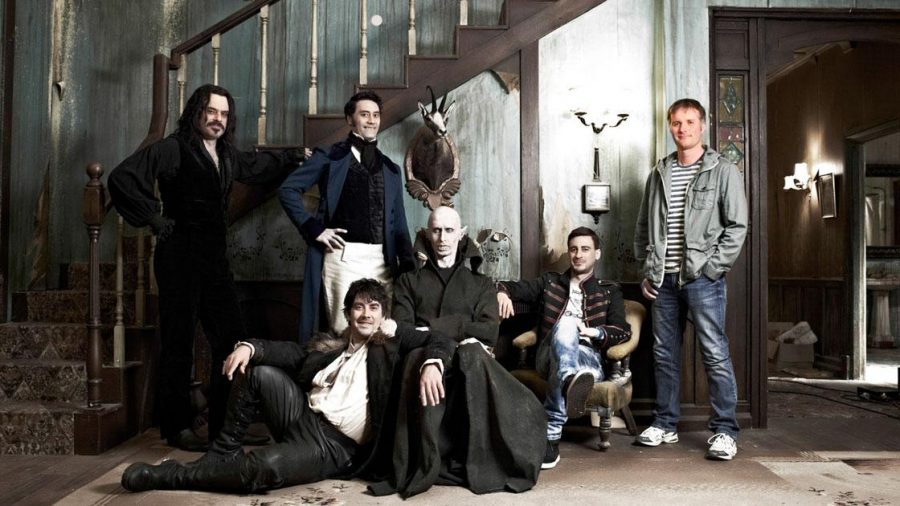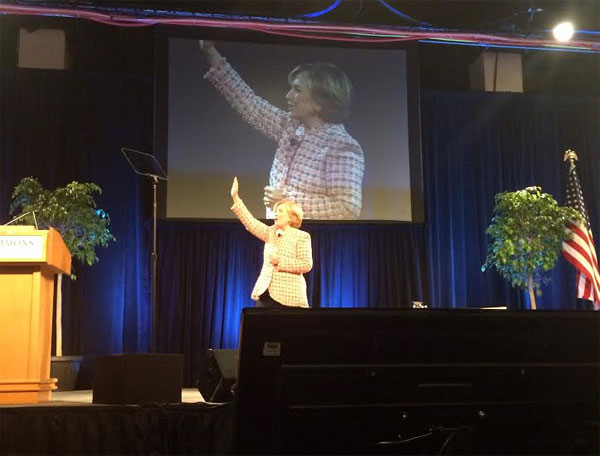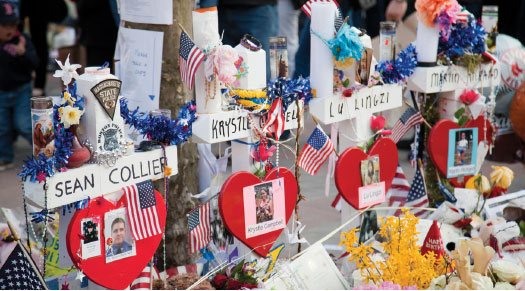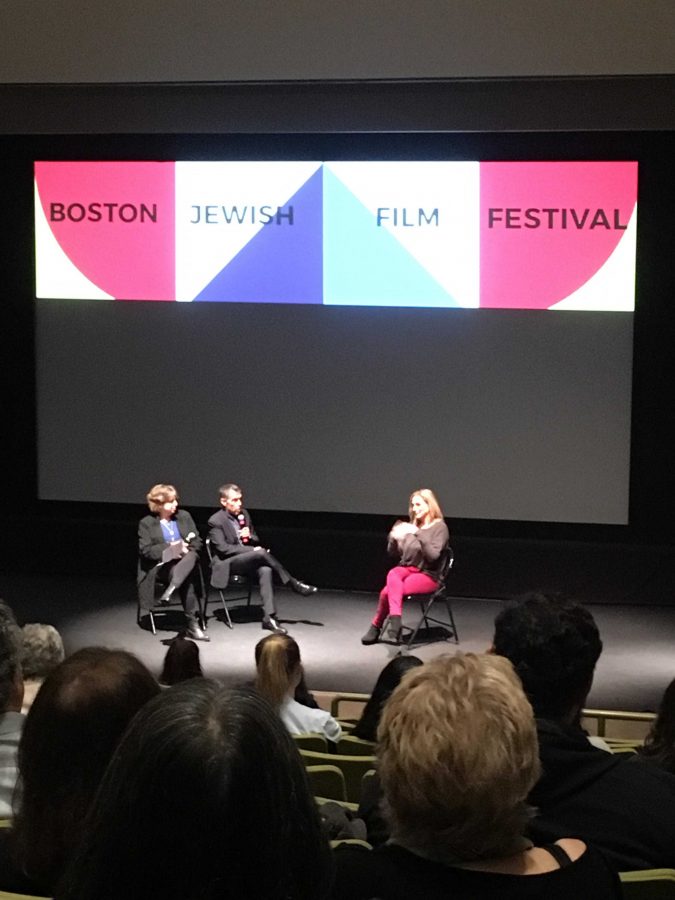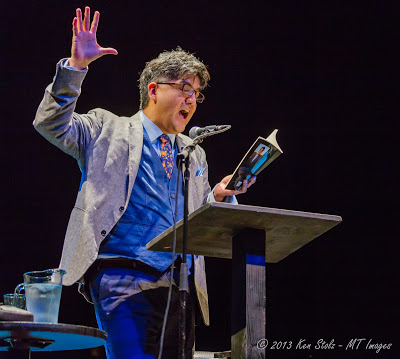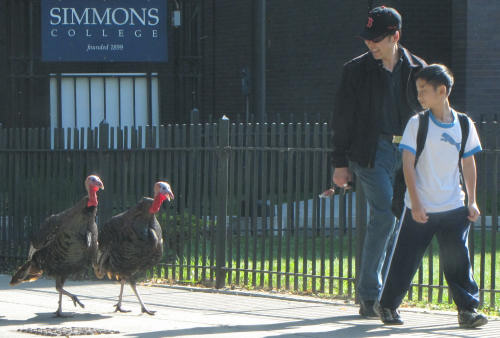By Nafeesa Connolly
Staff Writer
Simmons College has periodically been in the news for its all-women’s education, its nationally ranked MBA program, and its faculty’s expertise on topics such as a Mediterranean diet. However, looking back at July and August 2012, this wasn’t the case.
That summer, Simmons was the subject of a controversy involving a plan to renovate publicly owned property in order to gain NCAA regulated fields for its varsity sports.
The Daly Field Project began in 2011 after Simmons connected with members of the Allston-Brighton community and high school athletics, seeking ways to revamp fields for their sports and recreation.
Soon after ,the Friends of Daly Field was created, a public-private partnership of Simmons, Boston Public School, Brighton High School, the Allston-Brighton community and other surrounding communities, supporting the rehabilitation of Daly Field.
The six-acre athletic complex on Nanantum Road along the Newton town line was constructed in the 1960s and is currently owned by the Commonwealth of Massachusetts through the Department of Conservation and Recreation (DCR).
Until the 1980s, the field was primarily used for football and softball. Over the past few decades, it has been underutilized since the removal of unusable football bleachers, broken stadium lights, and a deteriorating service building that has been closed to the public.
According to the project’s Expanded Environmental Notification Form, a 223-page document addressing the renovation’s environmental impacts and benefits to the community, the field’s unsafe conditions and neglected maintenance for roughly 20 years have left Brighton High School and other youth sports leagues without a playable field and can’t be used for anything more than passive recreation.
The controversy erupted last June, after a bill was passed to authorize, not require, the DCR to enter into leasing agreements with the Friends of Daly Field. The legislation would allow Simmons to lease the fields for up to 30 years. According to a July 2012 Boston Globe article, members of the community were concerned about the field’s accessibility to the public with the legislation.
“If Simmons College does get it, there is no guarantee we will ever get it again. There is a reason Simmons wants to use it; they are not doing it for the public,” said Dan Doria of Boston West Co-ed Softball in the Globe article.
Senator William N. Brownsberger of Belmont, who sponsored the proposal, wrote on his website that if the DCR and Friends of Daly Field enter into an agreement for rehabilitation, the terms of the bill would specify that the fields would remain open and accessible to the public with no closed gates.
Brownsberger also wrote that the general public would continue to have access to the fields, even during designated times, if not in use by the identified users. Ali Kantor, director of athletics at Simmons, said if Sharks Tennis had an away game, the public would have access to the tennis courts at that time, as an example of such access.
Since the initial designs were made public last spring, the layout has changed from five tennis courts to six, which will allow the Sharks to host a championship on home court; a softball diamond; a field hockey; football; lacrosse; a soccer field; and a running path around the complex.
As of now, the proposal states Simmons will have access Monday through Friday in March to May and mid-August to November, 5:30 p.m. to 9:30 p.m.; Brighton High School football will have the fields Monday through Friday from 2:30 p.m. to 5:30 p.m. and on Friday evenings from mid-August to November; Allston-Brighton Little League will have access Monday to Friday from 5:30 p.m. to 8:30 p.m. from May to July; and Allston, Brighton, abutting communities, and the general public on Saturdays and Sundays.
The Commonwealth struggles to maintain publicly owned recreation areas in general. For Daly Field, minimal maintenance has even caused sediment runoff into the Charles River. Senator Brownsberger wrote that the field is only being used to one-third of its full potential because of its current state.
Janet Fishstein, associate vice president, government relations, community affairs, and campus services, who also is responsible for the completion of the project, said the renovation is going to meet the needs of not only Simmons Athletics, but also the needs of Brighton High School, youth leagues, and the public.
“We were having preliminary discussions whether or not this would even work,” said Fishstein. “It’s not that it was a secret but that it was a developing plan.”
In an effort to announce the project to the entire student body, Kantor also presented during a Student Government Association (SGA) forum. One student asked if the department even considered travel time for students who have morning or night classes, and wondered how student fans would get to the games.
Kantor said a fan bus will be available every home game to the Simmons community. In terms of driving time, Kantor said the trip to Daly would take approximately 20 minutes each way, with traffic.
The project is currently in the permitting and designing process, a period in which the secretary of the Executive Office of Energy and Environmental Affairs reviews the Daly Field Restoration Project Single Environment Impact Report. During this period, the public was able to submit comments to the secretary up until Friday, Nov. 8 – one month after the report was submitted.
“What we address is very technical,” said Fishstein. “Any environmental impact, we address in that report.”
Fishstein said they are just reaching the final days of the commenting period and will receive comments from the secretary within ten days.
“The neighborhood has to have an opportunity and should have an opportunity,” she added, saying that the public’s input was one of the reasons five community meetings were held.
“We’re confident that the issues have been addressed. We think that we’ve answered everything at this point,” she said.
If all goes according to plan, the project can move from the most complicated step onto the bidding process, construction, and finally occupancy. Friends of Daly Field can polish further details of the lease, the environmental concerns being the first, followed by the specific terms such as the final design, creating construction documents, and selecting a contractor.
Should the secretary return with minimal feedback, the renovation would begin late spring or early summer of 2014 and commence in spring 2015. If the secretary says the Friends of Daly Field has to submit more information, another document would be created addressing the secretary’s concerns.
“It’s a major project, but it’s a major accomplishment. We’re really excited about that [and] we’re thrilled about how it’s been going,” said Fishstein.



